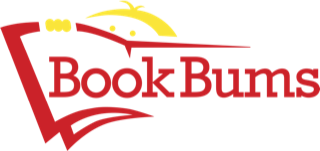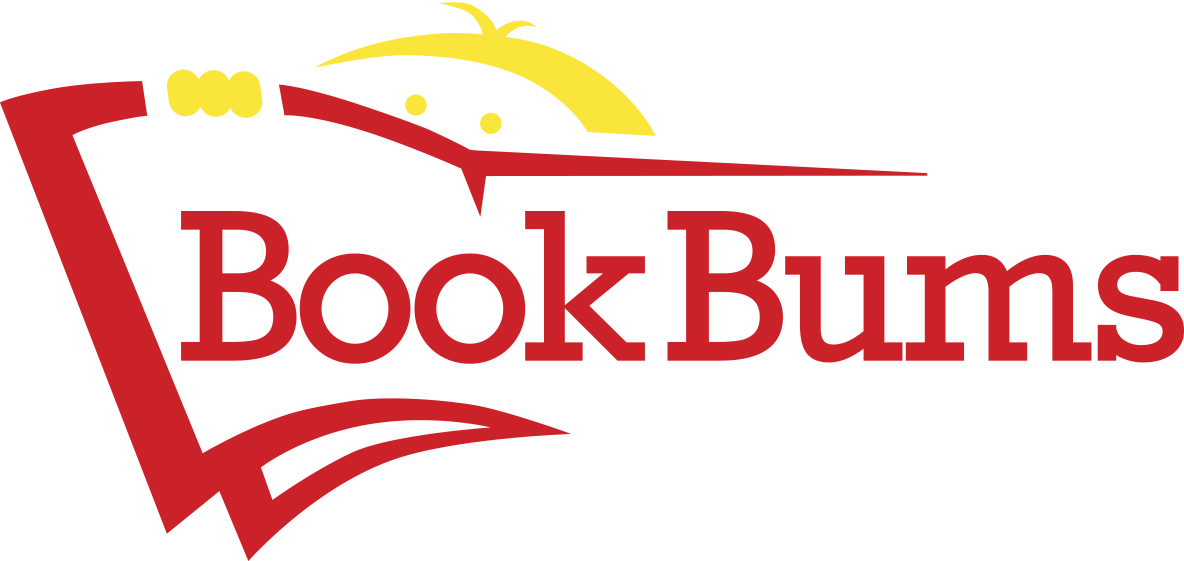
Hello Book Bums families!
What do the Bengals and Lunar New Year have in common? It turns out, a lot. Dr. Christy explains it all in this week's newsletter.
We also ask questions about reading comprehension, and share a handful of book recommendations. Enjoy!
Word of the Week
lunar (loo-ner) adjective/describing word - having to do with or resembling the moon
With the naked eye, the moon looks smooth; but through a telescope you can see the lunar landscape contains craters, mountains, and plains.
*Lunar comes from the Latin root luna which means moon. Luna is also the word for moon in Spanish and Italian.

Literary Calendar
• January 23 is the birthday of author Katharine Holabird.
• She is the creator of Angelina Ballerina. The first book in the series was published in 1983.
• Since then there have been over twenty books, a television series, and a board game.
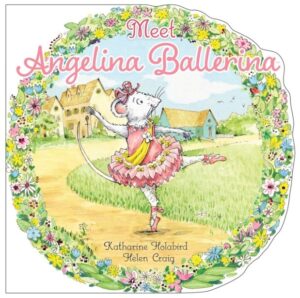
From our Bookshelves
Ruby’s Wish, by Shirin Yim Bridges, is a book about a young girl from old China who loves the color red so much, she is called Ruby. Ruby is not like most of the girls in her home. She loves learning, and though education is typically reserved for the boys, Ruby is permitted to learn alongside her cousins. She works hard, and her efforts are acknowledged by her teacher and her grandfather. One Chinese New Year, Ruby learns that she will be among the first women ever to attend college in China. One special twist in the story is the revelation that Ruby’s Wish is a true story, and the author is Ruby’s granddaughter. Ruby’s story offers many topics for discussion and exploration—from the California Gold Rush, to cultural differences, the value of hard work, gender roles, unique personalities, and a thirst for learning.
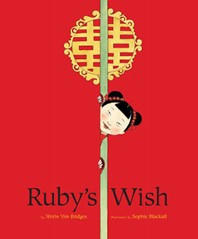
Tips for Families
On January 22nd, many will celebrate the Lunar New Year which originated in China but is celebrated among Islamic cultures and other cultures in Asia.
You should know that the Chinese Zodiac is a system that dictates which animal represents each new year. There are twelve animals, and 2022 just happened to be the year of the Tiger!
On January 22nd, 2023, (the day of the NFL playoff game) the Zodiac animal will change to the year of the Rabbit (NOT the buffalo), but the Cincinnati Bengals are going to extend the Year of the Tiger by One. More. Day.

Who Dey!
There are many Lunar New Year traditions that you may consider enjoying with your family. They symbolize prosperity, abundance, and togetherness. In preparation for the holiday, houses are thoroughly cleaned to get rid of the undesirable and to open space for good will and good luck. (To get ready for the big game?) Some people post red paper and banners inscribed with calligraphy messages of good health and fortune. (Red-orange posters with messages such as Who Dey?) and elders give red envelopes containing money to children (If they promise to be good during the game?). They also enjoy family dinners (Wings, anyone?), and purchase new clothes (Who needs some new Bengals fan gear?)
The celebration lasts from the new moon phase until the full moon arrives, which takes about fifteen days. (But Bengals fans will be celebrating long after that!)
Tips for Readers and Writers
I got an email, this week, from one of my heroes, Natalie Wexler. She wrote The Knowledge Gap and co-wrote The Writing Revolution. Both books are must-reads for educators.
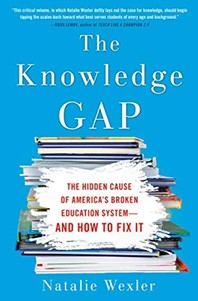
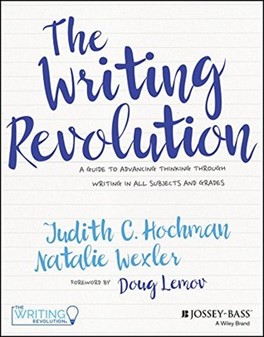
In our email exchange, Natalie and I discussed one of her newsletter posts about the importance of literacy instruction that includes focused work on comprehension skills. Determined to diligently shine light upon the comprehension component, I’m sharing information, here, about questioning.
Strong readers engage in questioning before, during, and after reading (or observing or listening). They ask themselves questions, they question the text, and they question the author. This questioning takes place in conversations within readers’ minds, and it stimulates critical analysis— the examination of another person’s ideas or work.
At Book Bums, we teach our students to question by first introducing the “question words.” We begin to explore questioning when we learn the sounds for w-h. Our kids need to know that when they see words with w-h, the sound is usually /w/ and rarely /h/. We teach our kids to do that pat-a-cake hand clapping game and chant the following question words:
Who?
What?
When?
Where?
Why?
Which?
How?
We want our kids to be able to tick of the question words, quickly, so they can do a self-check to determine whether they’re grasping the messages they’re reading. If they can answer the question words, they can be confident they’re getting the gist of the story.
Students should be able to answer these questions while reading, watching a movie, listening to a story, or even after enjoying a football game.
Who is the main character?
What is the problem?
When did it take place (setting)?
Where did it take place (setting)?
Why did ____? (s/he do what s/he did, that surprise you, the author/coach do it that way?)
Which was ____? (your favorite part, your favorite character, the most challenging part)
How did it end? How did it make you feel? How did it change your thinking?
Could your kids answer the question words when they see the image, below?

Who?
What?
When?
Where?
Why?
Which?
How?
Wordology Workshop
The prefix con- means with or thoroughly.
Examples of words with con- meaning with:
connect, link with
convene, come together with
congregate, come together with others
consensus, feeling with others
Examples of words with con- meaning thoroughly:
conclude, thoroughly close
convince, thoroughly win over
concede, thoroughly win over
concise, thoroughly cut
In Spanish, the word con means with.
Con is a cognate which means it’s a word/word part that has the same word origin in other languages. Cognates can make words easy to remember because they look and mean the same thing as words you already know.
Practical Grammar
Is it conflate or confound?
One means to combine two or more ideas into one entity and to fail to properly distinguish or keep separate things.
The other means to cause confusion or to mix up.
Which is which? Can you tell from these sentences?
Many folks confound the New Year with Lunar New Year, supposing them both to begin on the 1st of January.
Phonics and phonemic awareness are separate components of literacy acquisition and should not be conflated.
The word confounded can also be used to express anger or annoyance at a sudden disturbance or confusing surprise.
These darned, confounded words are being conflated. I know they don’t mean the same things, but I continue to be confounded by them. I cannot keep them straight!
If you know someone who would benefit from our newsletter or tutoring at Book Bums, please share this email with them! Thank you.
Copyright © 2024 Book Bums, All rights reserved
Our mailing address is:
7967 Cincinnati-Dayton Road Suite L
West Chester, OH 45069
